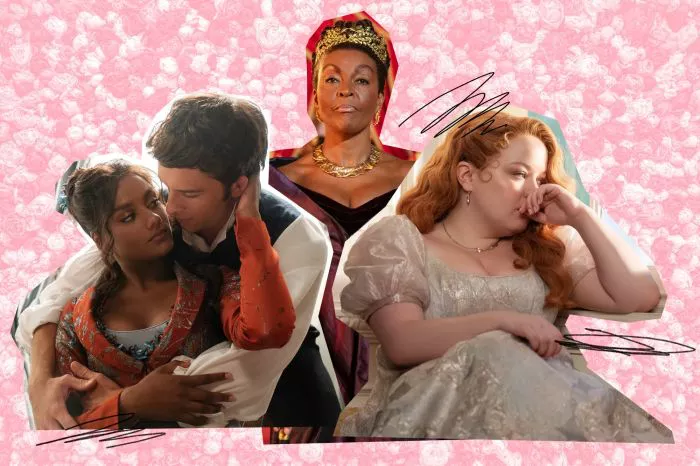“Is Queen Charlotte in Bridgerton historically accurate?” is a question that prompts a complex exploration of historical accuracy, creative license, and the portrayal of real-life figures in fictional narratives. To address this question comprehensively, we’ll examine Queen Charlotte’s historical background, her depiction in “Bridgerton,” and the extent to which the series aligns with historical facts.
Queen Charlotte: Historical Background
Queen Charlotte Sophia of Mecklenburg-Strelitz was the consort of King George III of Great Britain and Ireland. Born on May 19, 1744, in Mecklenburg-Strelitz, Germany, she married King George III in 1761 and became queen consort upon his accession to the throne in 1760.
Throughout her reign as queen consort, Queen Charlotte played a prominent role in British society, serving as a patron of the arts, charities, and social causes. She was known for her intelligence, grace, and cultural interests, as well as her devotion to her family and charitable endeavors.
Depiction in “Bridgerton”
In the Netflix series “Bridgerton,” Queen Charlotte is portrayed as a formidable and influential figure in Regency-era London. Played by actress Golda Rosheuvel, Queen Charlotte is depicted as a woman of power and authority, with a keen interest in the affairs of her court and a penchant for matchmaking and intrigue.
Throughout the series, Queen Charlotte’s character is central to the storyline, as she navigates the complexities of royal life, social expectations, and political machinations. Her opinions and actions have far-reaching consequences for the characters around her, shaping their destinies and influencing the course of events in the series.
Historical Accuracy vs. Creative License
While “Bridgerton” draws inspiration from historical events and figures, it is ultimately a work of fiction that takes creative liberties in its portrayal of characters, relationships, and events. The series reimagines Regency-era London through a modern lens, incorporating elements of romance, drama, and intrigue to create an engaging and entertaining narrative.
As such, the depiction of Queen Charlotte in “Bridgerton” may not always adhere strictly to historical accuracy. The series takes artistic license in its portrayal of the queen’s personality, motivations, and interactions, crafting a character that serves the narrative needs of the story.
Influences and Inspirations
Despite the fictionalized portrayal of Queen Charlotte in “Bridgerton,” the character is undoubtedly influenced by historical accounts and cultural perceptions of the real-life queen. The series draws upon historical research and contemporary sources to inform its depiction of Regency-era society, including the roles and responsibilities of royalty and aristocracy.
Moreover, Queen Charlotte’s presence in “Bridgerton” reflects broader themes of race, identity, and representation in historical narratives. As a woman of African descent who married into European royalty, Queen Charlotte occupies a unique position in British history, challenging conventional notions of race and royalty.
Audience Reception and Interpretation
The depiction of Queen Charlotte in “Bridgerton” has sparked discussion and debate among viewers, historians, and cultural commentators. Some viewers appreciate the series’ diverse casting and inclusive representation, which challenges traditional norms and expands the scope of historical storytelling.
Others, however, have raised questions about the accuracy of Queen Charlotte’s portrayal and the extent to which the series deviates from historical facts. While “Bridgerton” offers a fictionalized interpretation of Queen Charlotte’s character, it also prompts viewers to explore the complexities of race, power, and identity in historical narratives.
Conclusion
In conclusion, the depiction of Queen Charlotte in “Bridgerton” is a nuanced portrayal that blends historical inspiration with creative license to create a compelling and multi-dimensional character. While the series takes liberties with certain aspects of Queen Charlotte’s personality and interactions, it also offers insight into broader themes of race, identity, and representation in historical fiction.
Ultimately, the portrayal of Queen Charlotte in “Bridgerton” invites viewers to engage critically with the complexities of historical storytelling and to consider the ways in which fiction can illuminate, challenge, and reimagine our understanding of the past. Whether or not Queen Charlotte’s depiction in “Bridgerton” aligns with historical accuracy is a matter of interpretation and debate, but it undeniably adds depth and richness to the series’ portrayal of Regency-era society.
Related Topics:
Bridgerton: Love, Scandal, and Society in Regency London
“Your Honor” Season 1 – Brief Introduction

